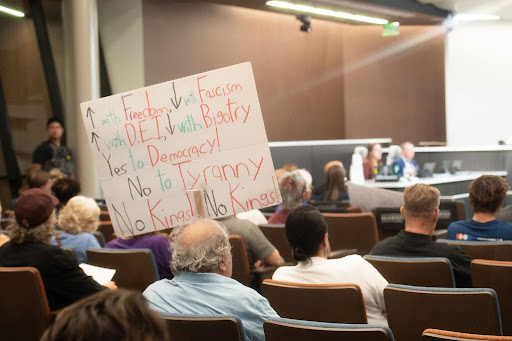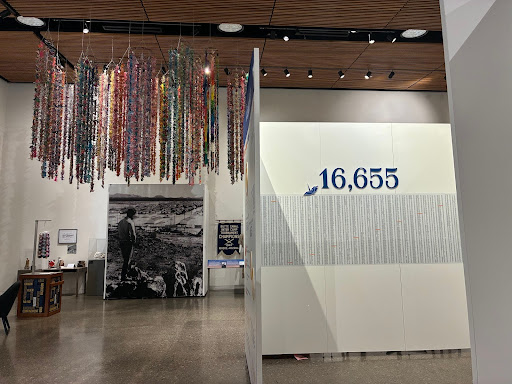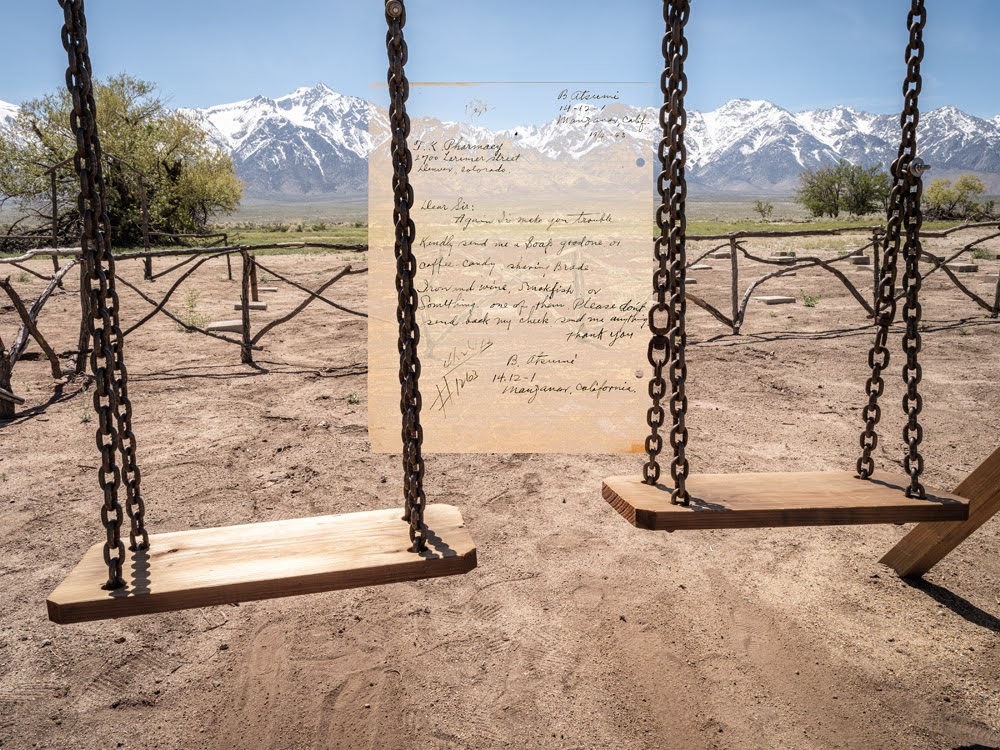Discrimination is not limited to one people group

In the year 2015, 20 – 25 percent of Mesa residents claimed they had experienced discrimination and harassment during the last two years, according to a study by the Human Rights Advisory Board. Now, call me crazy, but I find it absurd that people still find it acceptable to discriminate in 21st-century America. A charge of discrimination opens the door to the debate surrounding all forms of the practice: racism, sexism, and the like. When I say racism, what do you think of? An old white man discriminating against a young black person, right?
What about sexism? A man discriminating against a woman, right? Now, though those images are historically accurate in their representation, is it possible for others to discriminate? Some say a minority is incapable of carrying out discrimination – especially in the form of racism. This is certainly true in an institutional sense, but those who argue that point are neglecting the bigger picture. Who is to blame for all of this discrimination? The answer is simple: Everyone.
There will be some who say it’s the fault of the white man. It is argued so vehemently that many who are white or male – or even worse, both – are looked upon with revulsion. But such archaic reasoning is racist in and of itself. Isn’t it racist to assume that whites are keeping everyone down? Discrimination is not a quality which entirely belongs to one racial group or one gender. Rather, anyone and everyone can practice discrimination, it just looks different.
Minorities cannot systemically discriminate against the dominant group in a culture. That is to say, they cannot institutionalize a culture’s outlook toward a given group, because they simply are not large enough of a group to do so. On the individual level, however, anyone can discriminate against anyone. Women can discriminate against men, and African Americans can discriminate against whites.
Perhaps most notably, Louis Farrakhan delivered a sermon in February on the issue of race. He spoke at length about Rudy Giuliani. “How did you grow up, Giuliani?” He asked. “A privileged cracker?” After the applause died out, Farrakhan added, “Or I should say, a privileged devil.” If we are to kill off discrimination as a practice, we cannot simply point the finger and tell a given group of people to stop. We need to start the change with ourselves.









